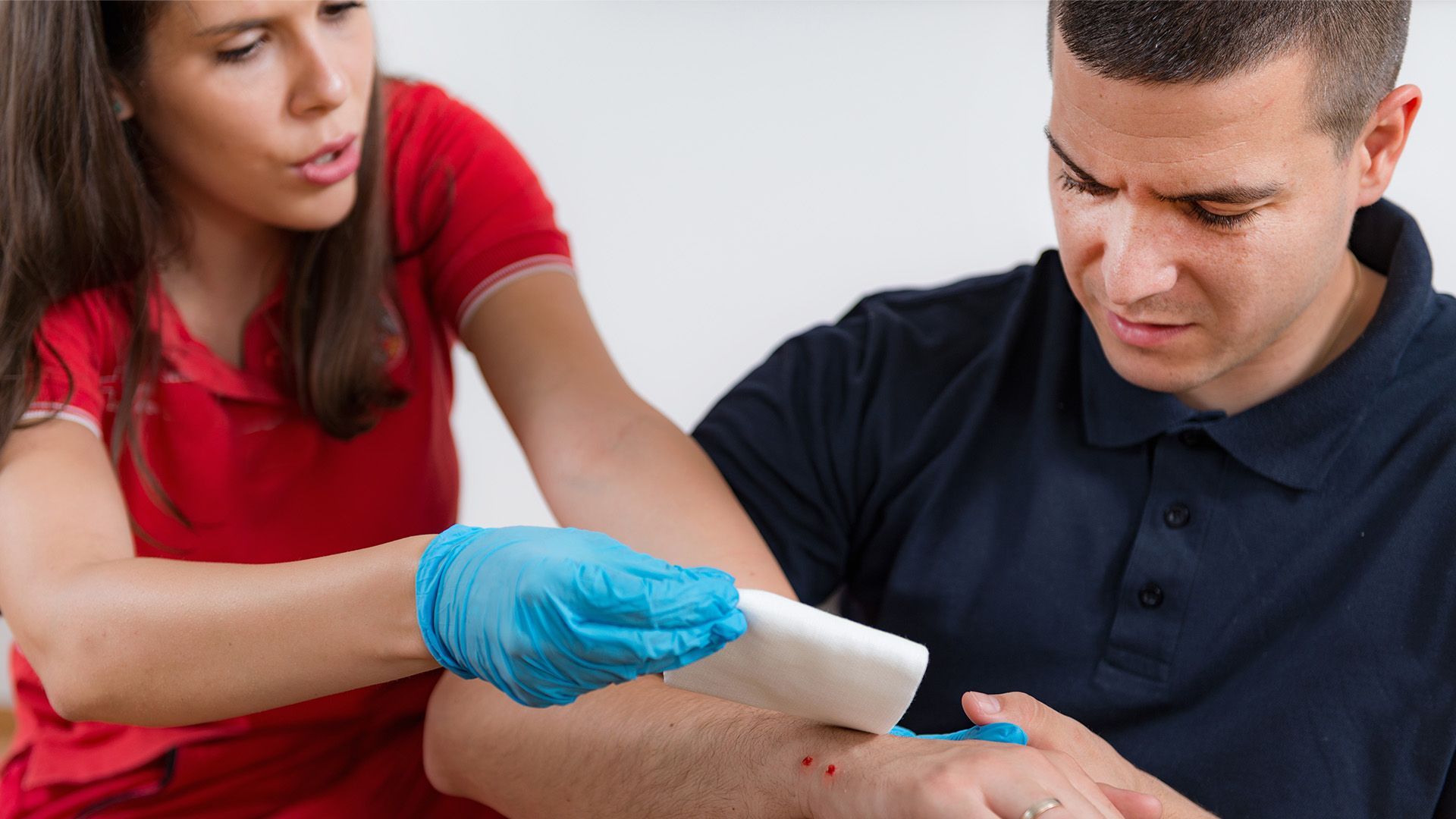As snakes become more active, know what to do if you’re bitten
Don’t take a ‘wait and see approach’ for symptoms
As the warmer summer months approach, South Africans should expect cold-blooded snakes that have been hibernating over winter to start being active again.
Dr Kevin McEwen, a trauma doctor who practises at Netcare St Augustine’s Hospital’s emergency department, says while the incidence of those coming in for help after snakebites is far more prevalent in summer, the warm climate of KwaZulu-Natal means snakes can be encountered year-round.
“Snakes are far more likely to come into contact with people in the hotter months when they’re livelier and breeding. That’s when we see an increase in the number of people seeking often lifesaving treatment for snakebites.”
Watch out for these snakes in KZN
Dr McEwen, who has extensive experience in dealing with emergency situations, says some of the most venomous snakes in KwaZulu-Natal are the black and green mambas, as they are neurotoxic (nerve toxic) venomous snakes.
“The cobras, including the spitting cobra, which has a mixture of nerve and cell venom, are also very dangerous. While the bite of a puff adder is serious in terms of cell damage, we don’t see them around urban areas so much. They’re more likely to be found in the bush in places like northern KwaZulu-Natal.”
By far, the most common bite they see at the Netcare St Augustine’s emergency department, says Dr McEwen, is from the innocuous-looking stiletto snake or burrowing adder. “People make the mistake of thinking the stiletto snake is harmless and pick it up with their hands. They don’t realise that the stiletto snake has sharp fangs on either side of its mouth, and it can move independently of the other. When people try to pick them up behind the neck, it can easily spike its fangs into your finger. It’s a brilliant defence technique, so it’s the most common snakebite we see.”
Caution advised
Dr McEwen is quick to point out that not all snakes have venom that has a toxic effect. “Our most common snakes are not dangerous, but it’s best to always be cautious of all snakes. The most common snakes we see around eThekwini in homes and gardens are non-venomous, like the red-lipped herald, the house snake, the variegated bush snakes, and mole snakes. Rats are their only real prey in built-up areas. Because mambas and cobras live off rodents and birds, they are more likely to be found where these foods are more easily available.”
How are snakebites treated?
“Once the patient arrives at the emergency department, announce that you are seeking urgent assistance for a snakebite”, Dr McEwen advises.
“We’ll start gathering information straight away. We ask the patient where they’ve been bitten and what the snake looks like. We’ll also ask where they were when it happened and what the environment was like. This helps us pinpoint exactly what type of snake it may have been.
“Then we clean the wound and start collecting observations, looking for signs of envenomation, which is the exposure to snake venom. These can include local swelling, pain, and redness. We also check for systemic symptoms like nausea, headache, vomiting, or difficulty with vision, speaking or swallowing. These observations will give us a good indication of whether we need to administer antivenom for the snakebite or not.”
Advice for preventing snakebites
“Prevention is always better than cure, particularly when it comes to snakebites,” says Dr McEwen.
“Many people are bitten while trying to corner or chase a snake they’ve encountered. A threatened snake will defend itself. While accidental contact with snakes does happen, for instance, when a snake is under a structure and someone walks past, the greatest chance for contact is when people encounter a snake and then try to catch it.
“If you see a snake, don’t try picking it up or approaching it. Rather call trained, experienced snake experts to catch the snake with their special equipment and tongs so they can bag it and take it away.”
What should you do if you are bitten by a snake?
- Stay calm. “Keep your wits about you,” says Dr McEwen.
- Try to get a good look at the snake so you can identify it. Dr McEwen says your doctor needs to know what snake has bitten you so they can treat you with the appropriate antivenom if necessary.
- “Use your cellphone camera, if you can, to take a photo of the snake. We’re in contact with some very experienced herpetologists (snake experts) and often send them photos that patients have taken to help identify snakes accurately.”
- Get to the hospital straight away. “The most important step is to call for help and get medical attention as soon as possible.”
Dr McEwen stresses that people must not wait for symptoms to show before they decide they need help. “Don’t take a ‘wait and see’ approach to snakebites. Neurotoxic venom can start working as rapidly as within half an hour. Immediately call for an ambulance or get someone to take you straight to hospital so we can monitor you in a safe environment to see how the symptoms progress.”













